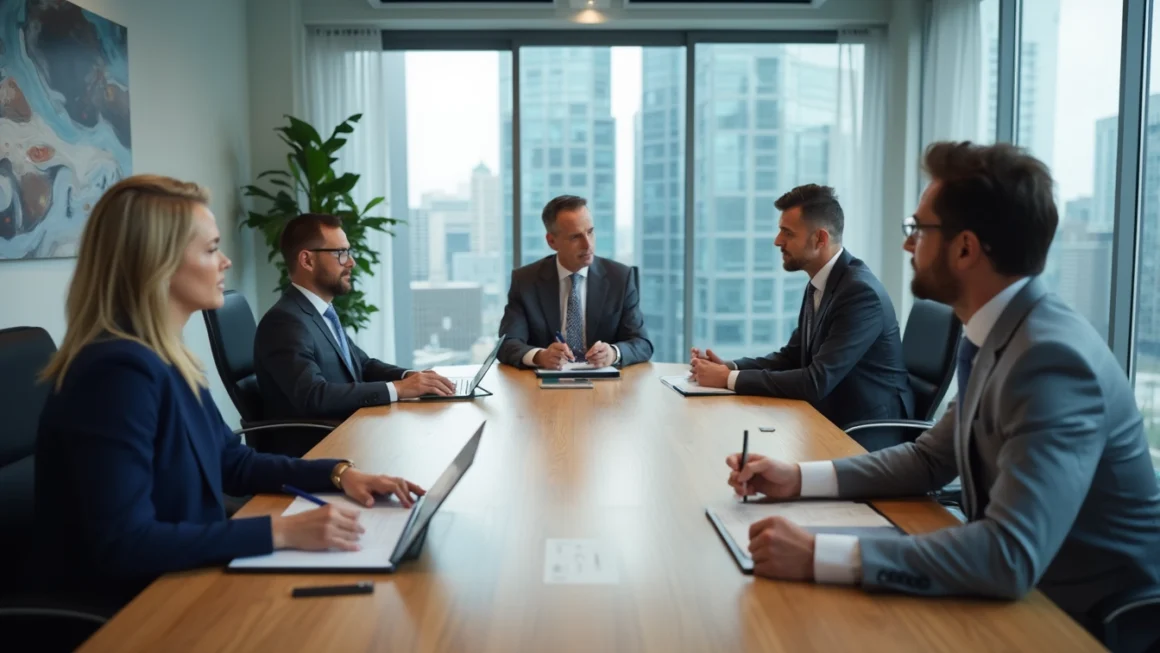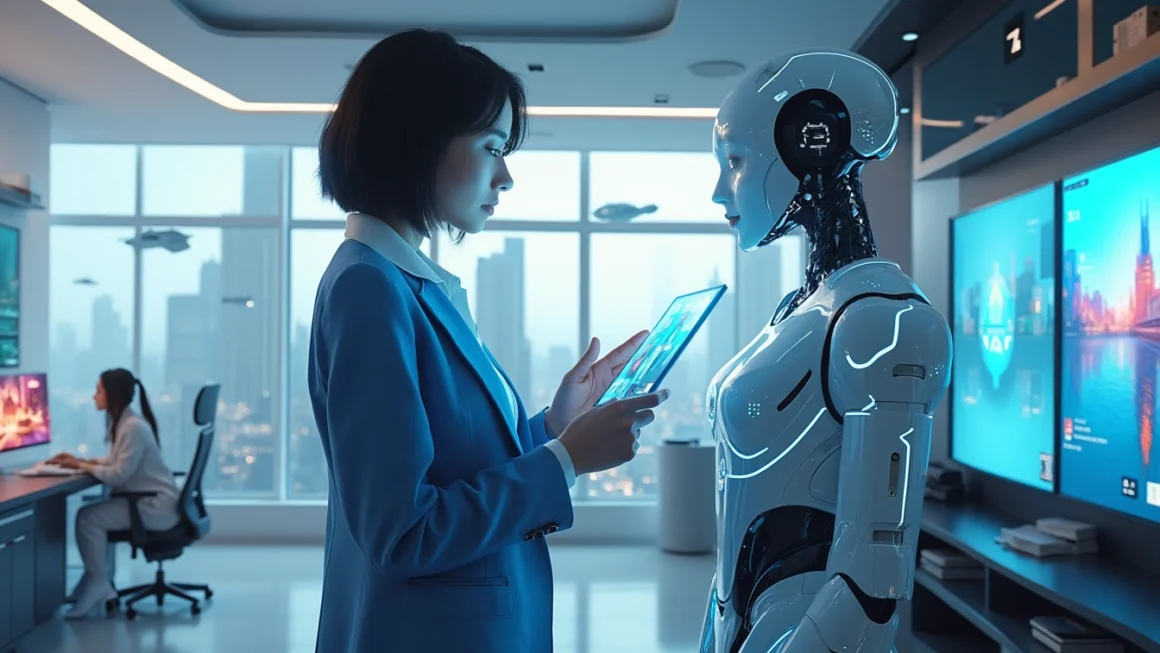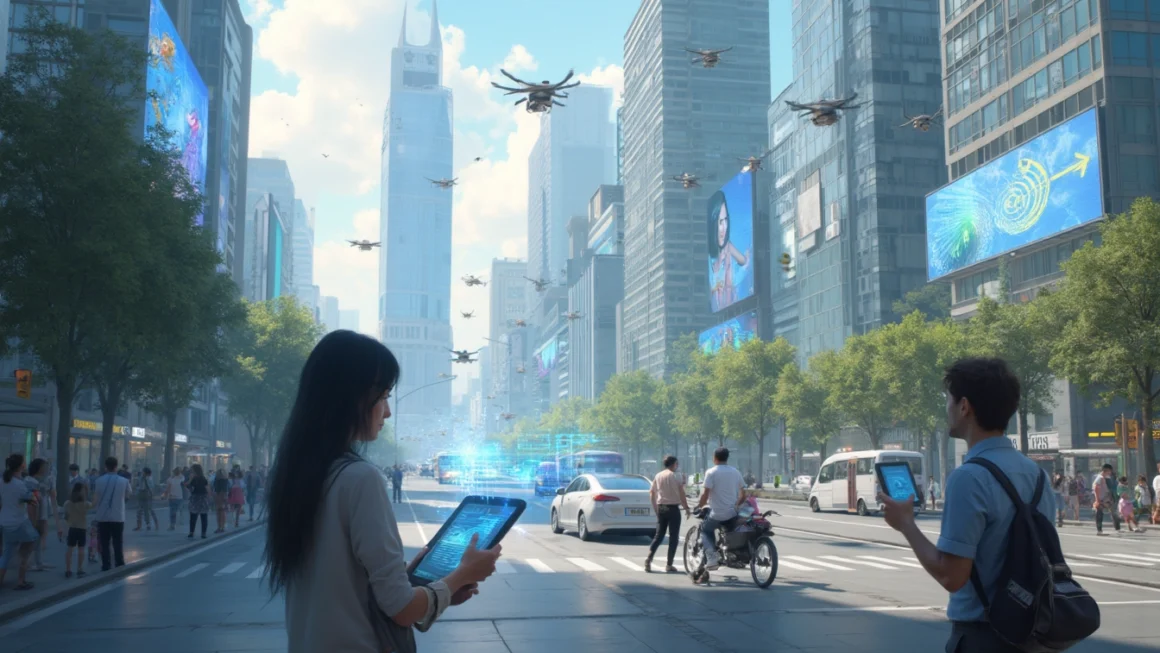Canadian Media Giants Take Legal Action Against OpenAI
Table of Contents
In a groundbreaking move, several major Canadian news media companies have initiated legal proceedings against OpenAI, the creator of the popular AI chatbot ChatGPT. This lawsuit marks a significant escalation in the ongoing debate surrounding artificial intelligence and its impact on the media industry.
The Legal Challenge
The lawsuit, filed in a federal court in Canada, alleges that OpenAI has engaged in copyright infringement by using the plaintiffs’ content to train its AI models without permission or compensation. This action represents a collective effort by some of Canada’s most influential media organizations to protect their intellectual property and challenge the practices of AI companies.
Key Players Involved
The plaintiffs in this case include:
- Postmedia Network Canada Corp
- Toronto Star Newspapers Ltd
- The Globe and Mail Inc
- Other prominent Canadian media outlets
These companies collectively represent a significant portion of Canada’s news media landscape, making this lawsuit a matter of considerable importance for the industry as a whole.
Implications for AI and Media
This legal action highlights the growing tension between AI technology companies and traditional media outlets. As AI systems become more sophisticated, questions about copyright, fair use, and compensation for content creators have become increasingly pressing.
The outcome of this lawsuit could have far-reaching implications for how AI companies operate and interact with media content. It may set precedents for future cases and potentially reshape the relationship between AI developers and content creators.
The Broader Context
This lawsuit is not occurring in isolation. It’s part of a global trend where media companies and content creators are challenging the practices of AI firms. Similar legal actions and debates are unfolding in other countries, reflecting the worldwide nature of this issue.
The Canadian lawsuit also comes at a time when governments and regulatory bodies are grappling with how to effectively govern AI technologies. This case may influence policy discussions and potentially lead to new regulations or guidelines for AI development and use.
OpenAI’s Position
As of now, OpenAI has not publicly responded to the lawsuit. However, the company has previously stated that it respects copyright laws and is committed to working with content creators. How OpenAI chooses to defend itself in this case will be closely watched by both the tech and media industries.
Potential Outcomes and Industry Impact
The resolution of this lawsuit could have several potential outcomes:
- Financial compensation for the media companies
- Changes in how AI companies train their models
- New licensing agreements between AI firms and media outlets
- Broader discussions about AI regulation and copyright law
Regardless of the outcome, this case is likely to have a significant impact on both the AI and media industries. It may lead to new business models, partnerships, or regulatory frameworks that balance innovation with the rights of content creators.
The Future of AI and Media Collaboration
While this lawsuit represents a confrontational approach, it’s worth noting that there’s also potential for collaboration between AI companies and media organizations. Some experts argue that AI could enhance journalism and content creation, leading to new opportunities and innovations in the media sector.
As the world becomes increasingly automated, finding ways to integrate AI technologies while respecting intellectual property rights will be crucial. This lawsuit may serve as a catalyst for more constructive dialogues and partnerships between tech companies and content creators.
Conclusion
The legal action taken by Canadian media companies against OpenAI marks a significant moment in the ongoing debate about AI and copyright. As the case unfolds, it will undoubtedly be closely watched by industry leaders, policymakers, and the public alike. The outcome could shape the future of AI development and its relationship with traditional media for years to come.
While the legal battle progresses, it’s clear that the intersection of AI and media will continue to be a complex and evolving landscape. As we navigate these challenges, innovative solutions and automated processes may play a crucial role in finding a balance between technological advancement and the protection of intellectual property.




